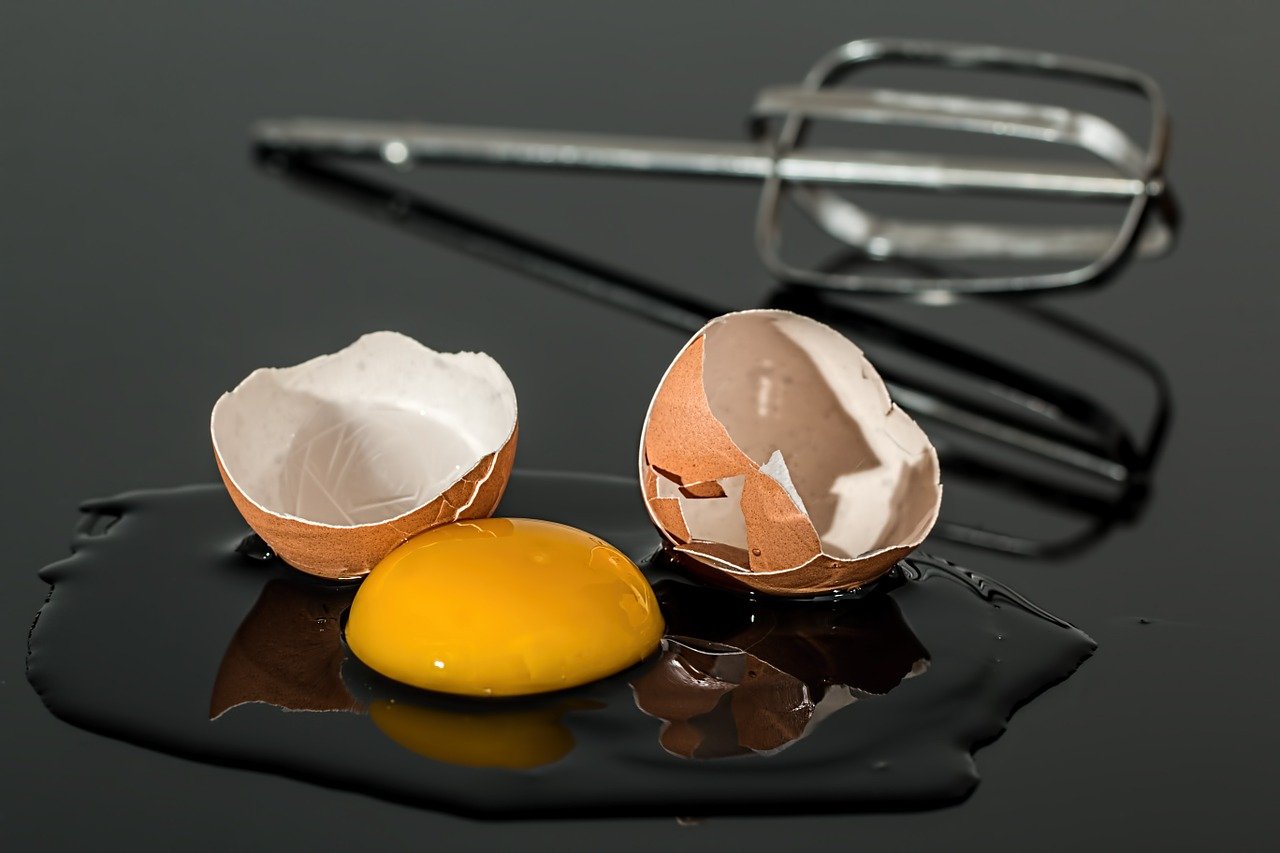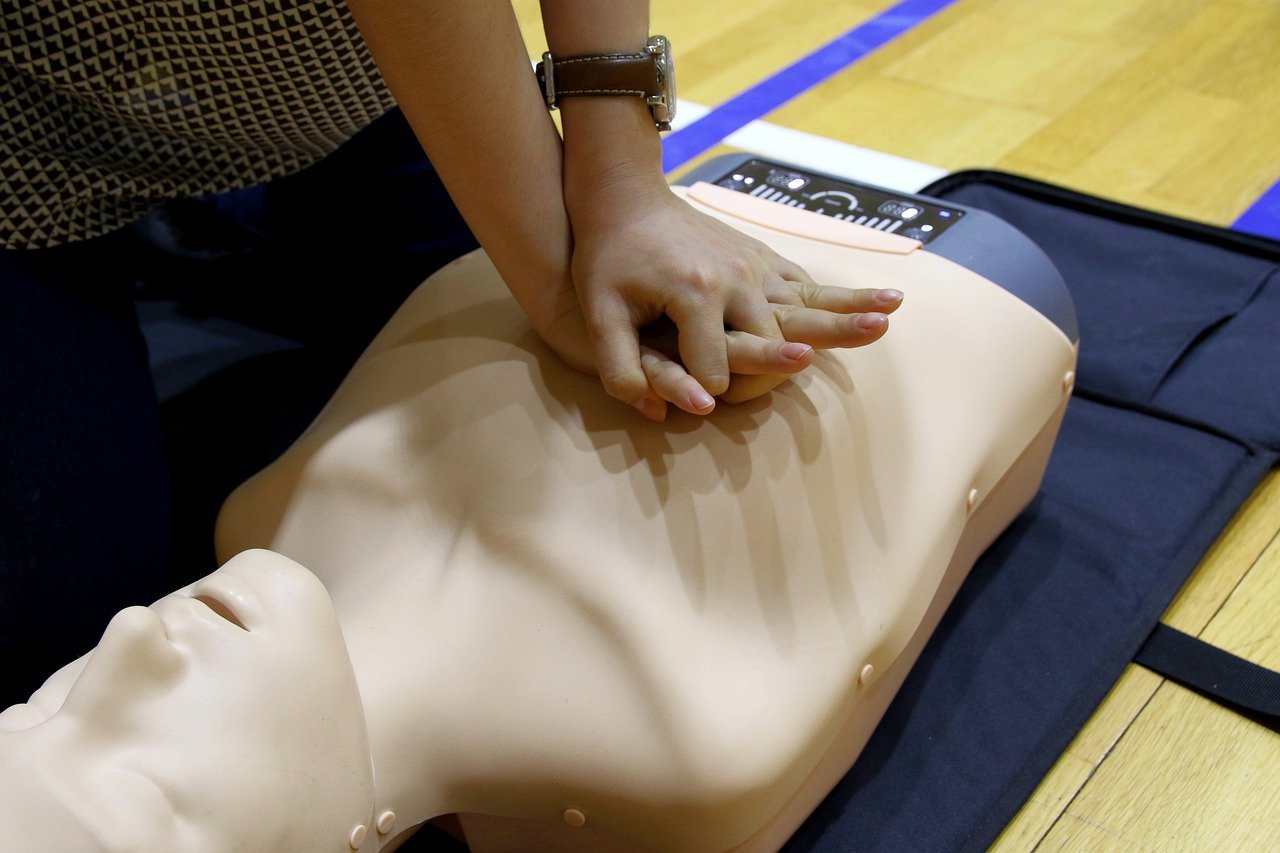Eggs are a good source of protein and contain many vitamins and minerals when eaten as part of a healthy, balanced diet however they are not without risk.
For those of you old enough to remember, Salmonella was the word most commonly associated with eggs. Comments made by the infamous Edwina Curry spurred the Nation into frenzy, causing egg sales to plummet by 60% leading to the slaughter of nearly 4 million hens due to lost revenue.
In the late 80’s there were around 12,000 cases of Salmonella reported in the UK, within three years of the introduction of the Lion standard, where hens are vaccinated against Salmonella, in 1998 this figure had fallen by 54%. Last year in the UK there were only 229 reported cases.
Even with these reduced outbreaks people are still mistrustful of eggs. Salmonella is a bacteria found in the guts of animals. Cooking eggs will kill the bacteria or using pasteurised eggs, which usually come in liquid form, are safer.
Many of us are partial to a runny egg but there are certain vulnerable groups who we consider to be at risk from food poisoning, these are;
- Babies and toddlers
- Elderly people
- Pregnant women
- People who are already unwell

Storage
It is not only cooking your eggs that will keep them safe but also how you store them. The salmonella bacteria may well be present on the shell of the egg. Store eggs in a cool, dry place, ideally in the fridge.
Store eggs away from other foods in the fridge and always eat dishes containing eggs as soon as possible after you’ve prepared them. If you’re not planning to eat them straight away, cool them quickly and then keep them in the fridge for up to two days. Cakes can safely be stored somewhere cool and dry as long as they don’t contain any additions such as custard or cream.
Foods that are made with raw eggs and then not cooked, or only lightly cooked, can cause food poisoning. This is because any bacteria in the eggs won’t be killed.
Avoid the spread of bacteria
Bacteria can spread very easily from eggs to other foods, as well as hands, utensils and worktops.
Keep the eggs away from other foods. If you drip or splash the raw egg make sure you clean it up with a disinfectant or sanitiser. Always wash and dry your hands thoroughly after touching eggs or working with them and don’t use eggs with damaged shells.
'Best before' date of eggs
Eggs can be eaten a day or two after their ‘best before’ date as long as they are cooked thoroughly until both yolk and white are solid, or if they are used in dishes where they will be fully cooked, such as a cake.
Remember it is not only eggs that can cause food poisoning, bacteria have been found in other foods you are less likely to suspect such as celery, peanut butter and even bean sprouts.
For further information on our training courses please see our Food Safety courses.





